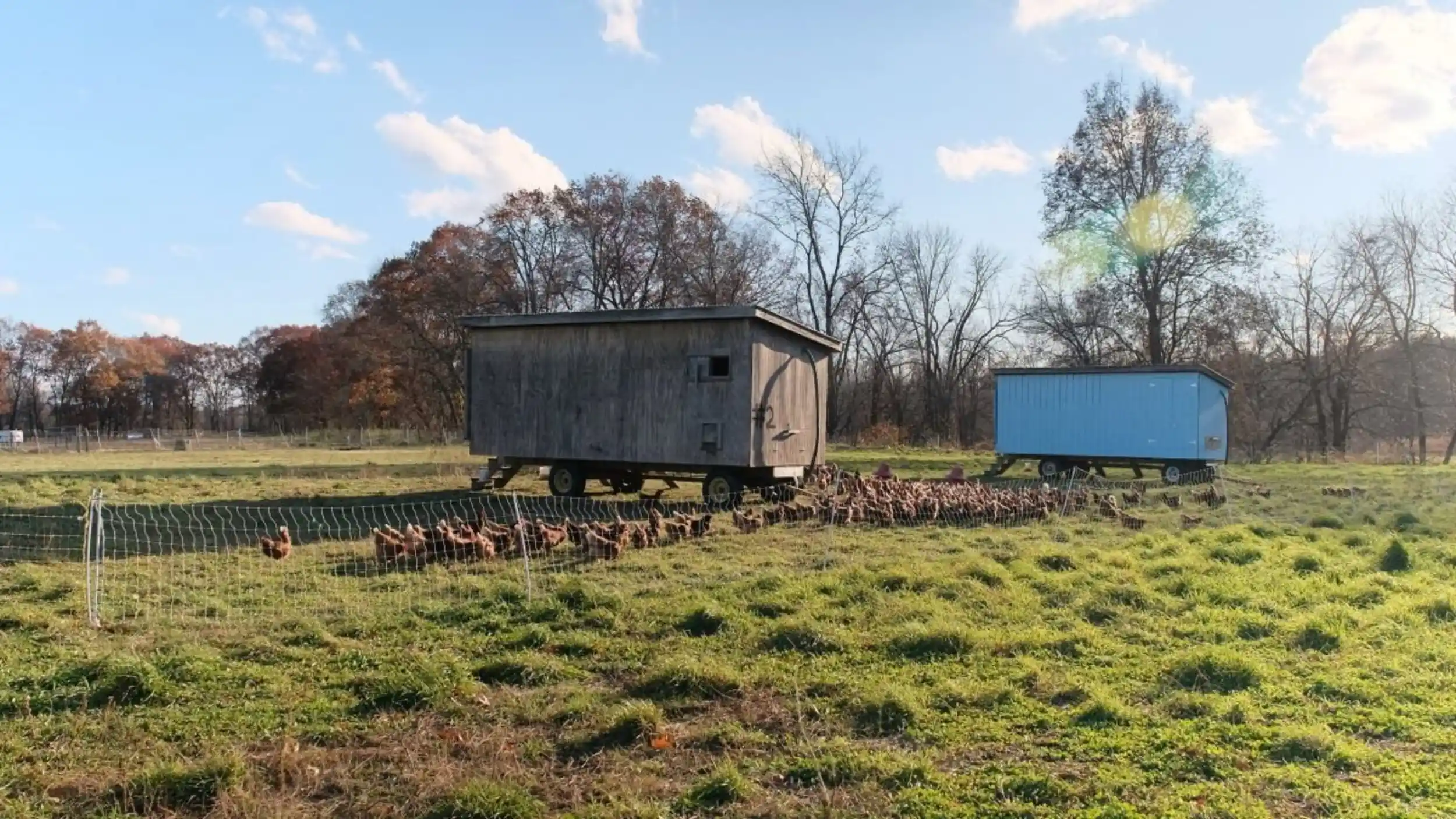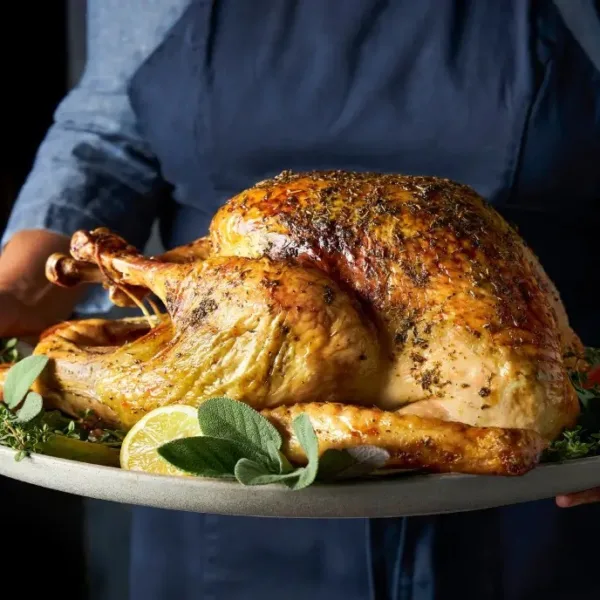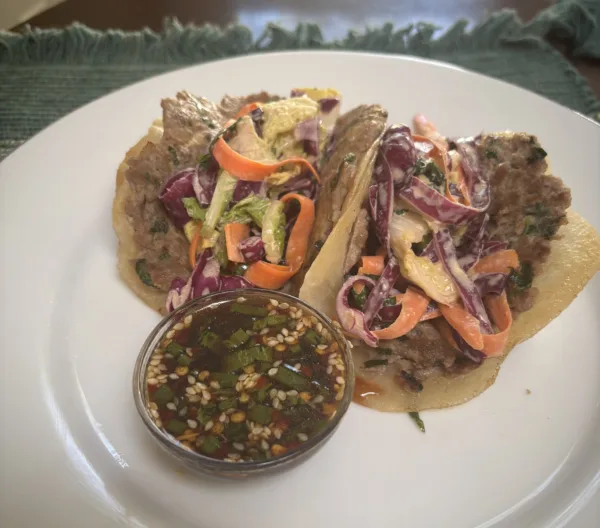Not Your Grampa’s Farm: Small Farm Tech

In an earlier post, we referred to the future of food and the corresponding future of farming. Movements such as Slow Food and Farm-to-Table encourage us to work from scratch in the kitchen—changing the act of eating into the experience of cooking and communing. These feelings of rustic, “back to basics” food tend to extend to our idea of the small farm. While “big agriculture” and factory farms are assumed to be streamlined with technology, consumers assume that small farms stay pastoral with techniques from before the green revolution. As Jane Black writes, “Americans love technology. And yet, when it comes to farming, we expect the new generation of farmers to go back in time, shunning the power of satellite GPS, Web-based apps, and robotics.”
Yet, this isn’t the case. Many of the farms with which we work use plenty of technology to be as efficient—and sustainable—as possible. If we still relied on mules to till the fields and picket fences to pen in herds, there would be significantly higher soil erosion and cattle loss, not to mention a lack of productivity and profitability.
Perhaps the most important technology is, in fact, replacing the wooden fence. Although these fences are synonymous with our image of the rural farm, overgrazing a few permanent paddocks can degrade the pasture and lead to soil erosion. Advanced farmers are now using electric net fencing to perfect the art of rotational grazing. Instead of building a large network of permanent and expensive fences, electric nets allow herds to be moved regularly – even every day – into infinite combinations of grazing spaces. This maximizes the soil fertility and perennial grass production, and also controls the growth of weeds and invasive non-native plants.
The growing number of paddocks and livestock adds to the large task of monitoring herd size, animal growth, paddock productivity, and profitability. New technologies such as Farmeron and FarmOS have started to bridge the gap by creating an online inventory management system. Intended for dairy cow operations, Farmeron is essentially a Salesforce-type CRM tool for the farm. It allows farmers to make profiles for their animals, monitor feeding, milking, pastures, and holding pens. Using raw data and calendars it puts together reports on farm finances and herd performance much like a digital herd consultant.
Both physical and online technologies such as these are essential to keeping an efficient farm and reducing extraneous losses and costs. Small farms may still look and feel like a step back in time but there’s a significant amount of technology beneath the surface.
Ultimately, that’s how we’ll beat “big ag” with their feedlots and antibiotics!
(Image source: Julie’s Happy Hens, Mont Vernon, NH)
Related Posts

Grass-Fed Classic Eggnog
A rich and creamy eggnog made with Walden’s milk and eggs.

Cooking Your Pasture-Raised Turkey
The difference between a Thanksgiving turkey raised outdoors on pasture and one raised inside in confinement is significant.

Smash Dumpling Tacos with Walden Pork
A novel (and delicious!) way to use ground pork in your weeknight rotation.